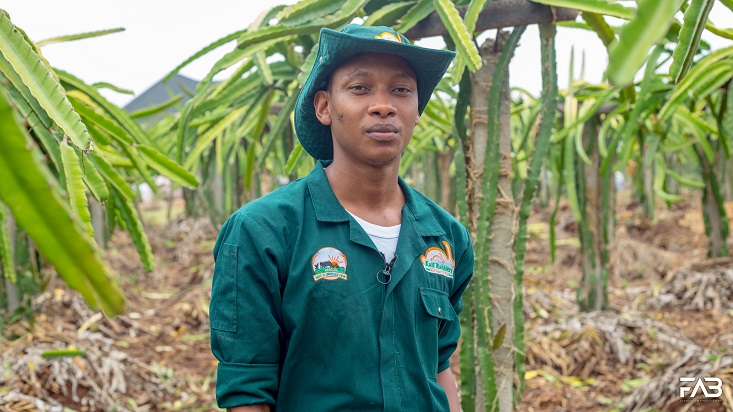Stella Keitirima, Director of Stella Keitirima Enterprises, a cassava, maize and sorghum farmer and supplier (L) makes a point during a press briefing as Twesiga Sosimu of Farm Uganda Farmers’ Ltd and Eria Semaganye of Kawanda Grain Millers look on. The briefing was held by farmers who supply raw materials to beer manufacturers to highlight the impact that the continued closure of bars is having on the agriculture ecosystem.
The continued closure of bars in an effort to minimize spread of COVID-19 has resulted into beer brewing companies cutting production and consequently affecting farmers who have been supplying brewers with sorghum and other raw materials.
According to Twesiga Sosimu of Farm Uganda Farmers’ Ltd , over 45,000 grain farmers have been supplying raw materials to beer brewing companies with sorghum, cassava, barley and maize to Nile breweries and Uganda breweries. Twesiga was speaking to journalists on Wednesday on behalf of the farmers.
However, farmers say that the two companies are no longer buying the raw materials because they are limiting production as bars remain closed.
He asked the government to consider re-opening the bars to enable the beer brewing companies to increase their production and in the process they will be able to buy the raw materials from the farmers.
He says the two beer brewing companies have been spending about Shs95 billion annually to buy the said raw materials from farmers.
Alao speaking on behalf of the farmers, Stella Keitirima, Director of Stella Keitirima Enterprises, a cassava, maize and sorghum farmer and supplier said that in Northern Uganda alone, where the breweries source most of their sorghum, there was a reduction in the poverty levels from 44% in 2012/13 to 33% in 2016/17.
“Before the partnership with the breweries, most of us were dealing in small scale subsistence agriculture. The markets were fragile and unstable and making a decent living was very difficult. When we started supplying the breweries, however, things changed drastically as they started providing quality inputs like seeds and fertiliser, they offered technical support and trained us in best commercial farming practises and guaranteed assured market for our produce, all the while maintaining price stability,” Keitirima said.
She added that between 2011 and 2020, the number of households supplying raw materials to the breweries has increased from 10,000 to approximately 45,000 with a significant number of farmers graduating from small-scale (0-10 acres) to medium-scale (10-100 acres) in the same period.

“The growth in acreage has led to an increase in annual production pushing many of us to adopt mechanisation. However, the biggest impact has been in the number of jobs created for the youth enabling them to participate in meaningful economic activities. Unfortunately, all this progress has been severely impacted by the effects of the COVID-19 pandemic and the continued closure of bars has significantly strained our livelihoods and the economy as a whole,” she said.
She added: “We have witnessed a sharp decline in revenue amounting to Shs19 billion since the lockdown came into effect in March this year and the figure issteadily rising and placing a strain on the livelihoods of the 45,000 farmers and approximately225,000 dependants. Many of us have had to lay off workers on our farms like offloaders and millers, while others have been forced to abandon their grain farms altogether to find other ways of making ends meet.”
As a result, Keitirima said, poverty in rural areas where most of the smallholder farmers are situated is on the rise and large numbers of the population are reverting to subsistence agriculture, reversing the progress made so.
“An analysis of the sector following the first three months of lockdownshows that businesses inagriculture experienced the largest decline in business activitywith 76% of them reporting a severe decline and 12%reporting a moderate decline,” she said, adding: “A higher percentage of these businesses experienced a 71% decline in demand compared to other sectors due to the loss of income-earning opportunities which in turn led to a decline in the consumption of agricultural products since their demand is more income elastic.”
The farmers are requesting the government and relevant stakeholders to consider re-opening bars and clubs across the country with strict observance of COVID-19 standard operating procedures as the increase in consumer demand will lead to increased demand for raw materials from the farmers and in turn result in higher employment opportunities and revenues.






